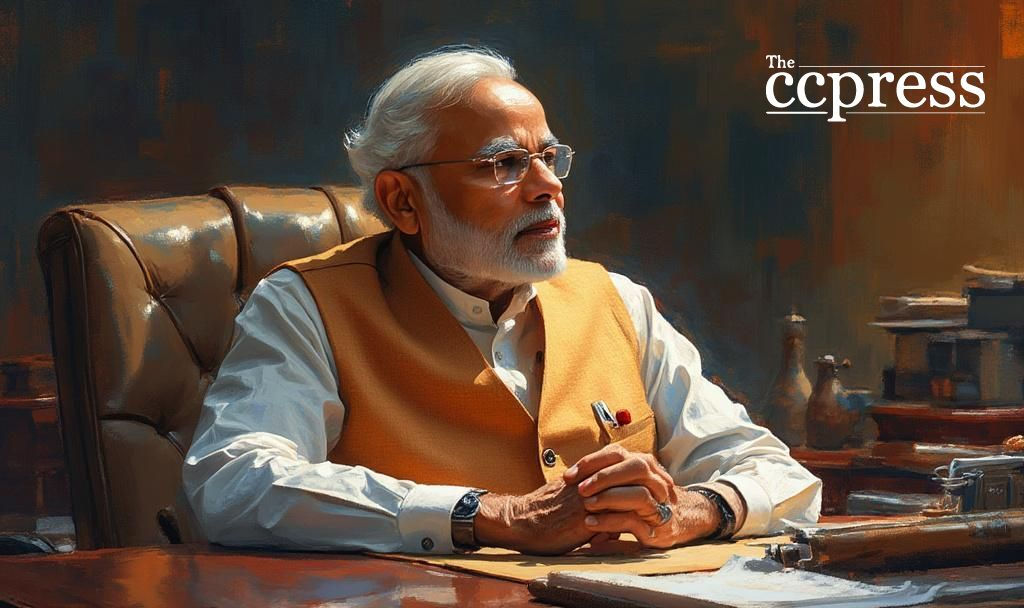- India’s GST reform targets economic growth via simplified tax structure.
- Two tax slabs: essentials at 5%, most goods at 18%.
- Plan aims to offset US tariff pressures and boost consumption.
India’s Prime Minister Narendra Modi has announced a significant restructuring of the Goods and Services Tax, aiming to simplify the framework and boost economic growth amid rising U.S. tariff pressures.
This overhaul seeks to enhance consumption, ease tax compliance, and stabilize the economy, potentially addressing tariff-induced challenges without immediate cryptocurrency market impacts.
India Revamps GST System
India has announced an overhaul of its Goods and Services Tax (GST), reducing categories to two slabs of 5% and 18%. The update by Prime Minister Narendra Modi seeks to simplify compliance and strengthen the economy.
Key leaders such as Nirmala Sitharaman, Finance Minister, and B.C. Bhartia, President of CAIT, are prominent in finalizing the details. Essential goods are shifted to a lower 5% tax rate, boosting domestic consumption.
The GST revision is expected to provide relief to consumers and small businesses, with essential goods at lower taxes. This restructuring aims to bolster domestic demand, potentially increasing disposable income for families and reducing operational costs for businesses.
This economic measure responds to increasing pressures from U.S. tariffs.
Though financial markets anticipate positive growth from GST changes, the institutional decision-making faced some pushback due to limited state consultations. The centralization approach may lead to short-term revenue sharing tensions between government levels.
The past GST rollout in 2017 caused initial disruptions but later facilitated SME formalization and streamlined compliance. Currently, no direct impact on cryptocurrencies like BTC and ETH has been reported, though the reform could influence indirect capital flows. Narendra Modi, Prime Minister of India, remarked, “We are not here for incremental change but we are aiming to take a quantum jump… Reforms are not a compulsion for us, nor are they crisis-driven. It is our commitment, our conviction” – Economic Times.
| Disclaimer: The content on The CCPress is provided for informational purposes only and should not be considered financial or investment advice. Cryptocurrency investments carry inherent risks. Please consult a qualified financial advisor before making any investment decisions. |
